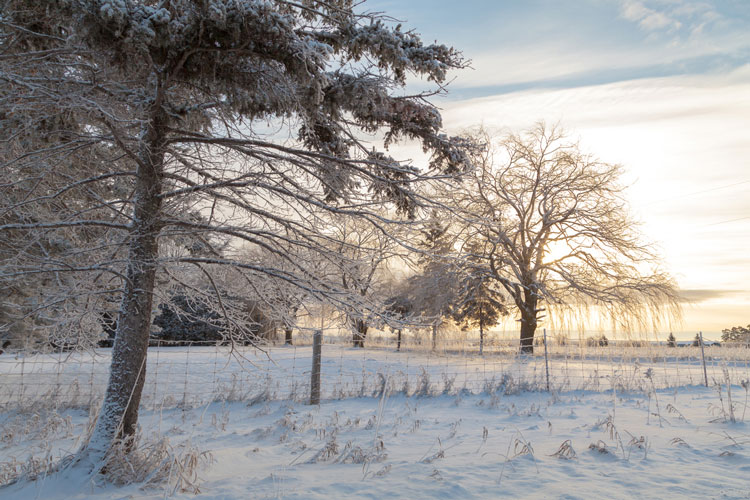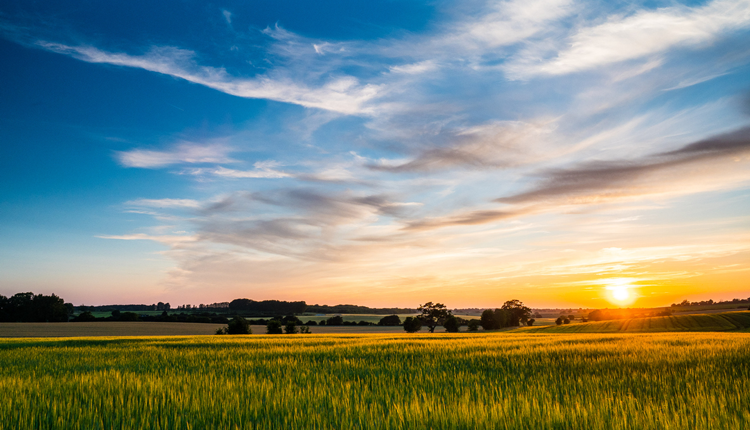
It’s day 5,234 of January — or at least it always feels like the longest month out of the year. Avoiding burnout at this time of year can be downright impossible.
The short days make for a struggle to finish chores in darkness. The lack of light really seems to play on our senses of literal darkness. Couple that with a lack of vitamin D and the dark of winter really does take its toll.
Winter weather makes us pay the price in so many ways as we struggle through. We pay it in the toll on our bodies, our animals, and on equipment that just doesn’t work right or breaks down in such extreme dips. It’s just a season of harshness that seems to have an iron grip. At least each day now, the calendar brings us closer to the changing of the season.
Farmers can’t just hide away and hibernate during the winter or decide that the storm really is going to be that bad and we just won’t face it. Add all the elements of this hardness together and it all really makes you question your why. Welcome to burnout.
Is there a way to avoid burnout as a farmer in winter? No; I don’t think so. We all seem to hit that point at some time throughout the year. But I think we are a lot better at talking about and acknowledging those low moments.
And in those hard times when we realize we are scraping the bottom, it’s okay to ask for help in whatever little ways we need. Maybe that’s prioritizing a couple days of rest; we work our bodies hard. There’s no first prize for winter burn out, and we’ve all been there. Take and get the support you need to make it through.
And on this almost-last-day of January, the longest month of winter, know that the official start of spring is just 50 short days away.

The author is a third-generation dairy farmer from Oregon where she farms in partnership with her husband and parents. As a mother of young sons who round out the family-run operation as micromanagers, Darleen blogs about the three generations of her family working together at Guernsey Dairy Mama. Abiqua Acres Mann's Guernsey Dairy is currently home to 90 registered Guernseys and transitioned to a robotic milking system in 2017.





